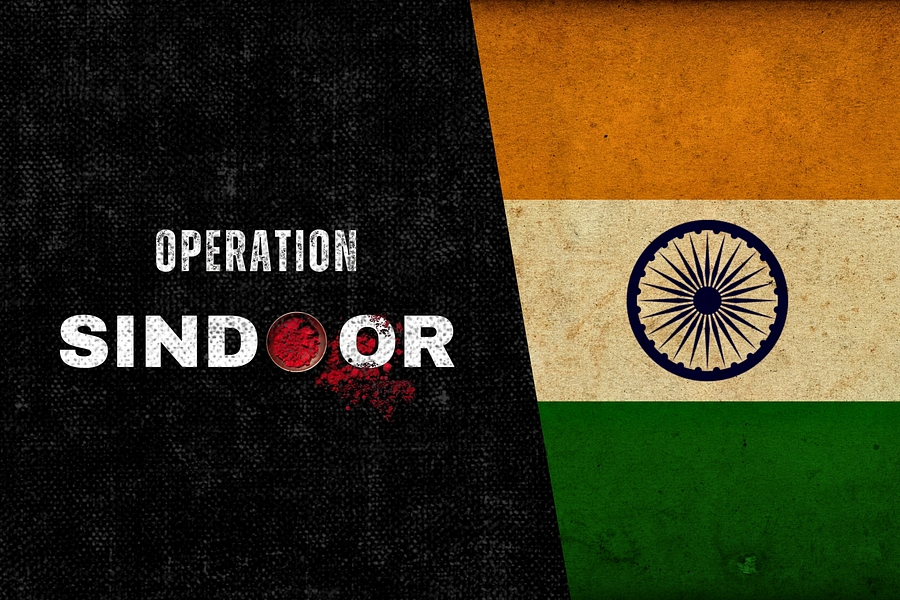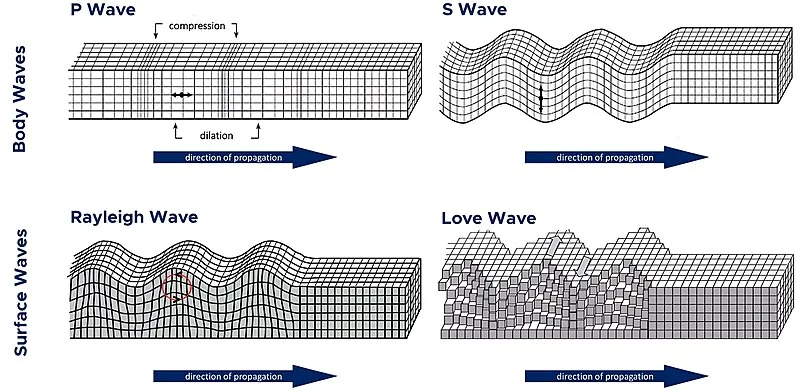July 22nd Current Affairs
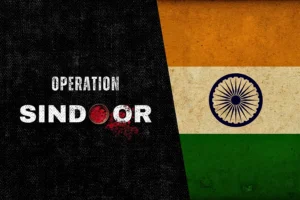
Operation Sindoor
Stay connected via Google News Follow us for the latest travel updates and guides. July 21st Current Affairs Home /

Alaska Earthquakes
Stay connected via Google News Follow us for the latest travel updates and guides. July 21st Current Affairs Home /

August 2, 2027 Solar Eclipse
Stay connected via Google News Follow us for the latest travel updates and guides. July 21st Current Affairs Home /

India’s milestone in clean energy transition
Stay connected via Google News Follow us for the latest travel updates and guides. July 21st Current Affairs Home /

‘Baby Grok’, child-friendly AI app
Stay connected via Google News Follow us for the latest travel updates and guides. July 21st Current Affairs Home /
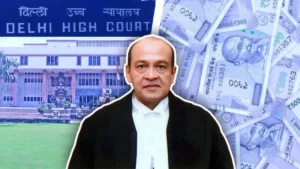
Impeachment proceedings against Justice Yashwant Verma
Stay connected via Google News Follow us for the latest travel updates and guides. July 22nd Current Affairs Home /
U.S. tariffs on countries importing Russian oil, including India, China, and Brazil
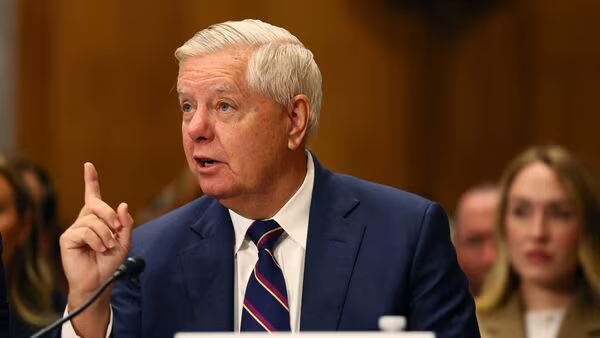
Context
On July 22, 2025, U.S. Senator Lindsey Graham warned that under Donald Trump’s leadership, the United States would impose a 100% tariff on oil-related imports from India, China, and Brazil if they continue purchasing Russian oil. These nations account for approximately 80% of Russia’s crude oil exports, which Graham claims finances Russia’s war in Ukraine. The warning underscores a growing rift in global energy trade and escalating geopolitical tensions between the West and the Global South over the Russia-Ukraine conflict.
UN Provisions
- UN Charter (Article 2) prohibits the use of force against the sovereignty or political independence of any state.
- UN Security Council Resolutions since 2014 (post-Crimea annexation) have condemned Russian aggression; however, veto powers (especially by Russia and China) have limited enforceability.
- The UN has not imposed universal sanctions compelling member-states to stop trade with Russia, leaving countries like India and China free to pursue independent energy diplomacy.
Legal Provisions
- Under U.S. trade law, the President has broad authority to impose tariffs under:
o Section 232 (national security)
o Section 301 (unfair trade practices)
o International Emergency Economic Powers Act (IEEPA)
- However, unilateral tariffs targeting allies or neutral states may violate principles of non-discrimination under the World Trade Organization (WTO) framework.
- India, Brazil, and China are not bound under any international legal obligation to cut energy ties with Russia unless doing so would breach UN sanctions.
Powers of the WTO
- Trade Dispute Resolution: Can adjudicate if a member violates trade rules, including discrimination or unilateral tariffs.
- Non-Discrimination Principle: WTO prohibits arbitrary or unjustified trade restrictions unless justified under national security or emergency clauses.
- Sanctions Scrutiny: WTO has limited power to challenge national security-based sanctions but can initiate consultations or dispute panels if rules are breached.
- Retaliation Rights: Aggrieved countries may retaliate if tariffs are deemed WTO-inconsistent.
Significance of the Event
- Geopolitical Realignment: Marks potential escalation in U.S. trade coercion to enforce its foreign policy objectives globally.
- Energy Security Concerns: Challenges the sovereignty of countries pursuing affordable and diversified energy sources amid volatile global oil prices.
- Global South Solidarity: Highlights tension between U.S.-led sanction regimes and the autonomy of countries like India and Brazil in foreign policy.
- Strategic Pressure on India: India walks a diplomatic tightrope balancing strategic autonomy, ties with Russia, and trade with the U.S.
Definition of Technical Terms
- Tariff: A tax imposed on imports to make foreign goods more expensive and protect domestic industries.
- Sanctions: Penalties imposed by one country on another to influence behavior, often used in geopolitical conflicts.
- Energy Diplomacy: A country’s use of energy resources and trade to pursue foreign policy goals.
- Blood Money (figurative): In this context, refers to funds earned through ethically controversial means, like buying oil funding war.
Impacts
On India and Others:
- Economic Fallout: U.S. tariffs may hurt exports, increase trade costs, and disrupt oil-linked supply chains.
- Energy Inflation: Disruption in Russian oil imports could spike domestic energy prices and fuel inflation.
- Diplomatic Strain: May affect India-U.S. relations, including cooperation in QUAD, tech, and defence.
On Global Trade:
- WTO Gridlock: May face more challenges if unilateral U.S. tariffs become norm.
- Trade Fragmentation: Countries may seek alternative blocs or create non-dollar payment mechanisms.
- Precedent of Coercion: Sets precedent for trade threats used to enforce geopolitical goals.
Way Forward
- India’s Strategic Response: Continue to assert energy sovereignty while diplomatically engaging the U.S. to avoid unilateral sanctions.
- Global South Unity: India, Brazil, and others may push for a collective framework at WTO or BRICS+ to resist economic coercion.
- Diversify Trade Ties: Reduce vulnerability to U.S. market dominance through trade diversification and indigenous capacity building.
- Multilateral Dialogue: Advocate for neutral forums like G20 or UN to mediate trade and energy tensions rather than unilateral threats.
- Legal Recourse: Explore WTO dispute settlement if punitive tariffs materialize against WTO norms
Prelims MCQ
Q. With reference to international trade law, consider the following statements:
- The WTO prohibits arbitrary trade discrimination unless justified under national security or emergency exceptions.
- Certain Countries are legally bound to follow U.S. sanctions even if the UN has not imposed them.
Which of the above statements is/are correct?
A. 1 only
B. 2 only
C. Both 1 and 2
D. Neither 1 nor 2
Correct Answer: A. 1 only
- Statement 1 is true (WTO rules).
- Statement 2 is false — only UN sanctions are binding, not unilateral U.S. sanctions.
Mains Question
Q. Discuss the implications of unilateral trade sanctions imposed by major powers on sovereign nations in the context of the recent U.S. warning to India, China, and Brazil over Russian oil imports. Examine the legality of such measures under international law and the possible responses by affected nations. (250 words)




